Coercion, after all, merely captures man. Freedom captivates him
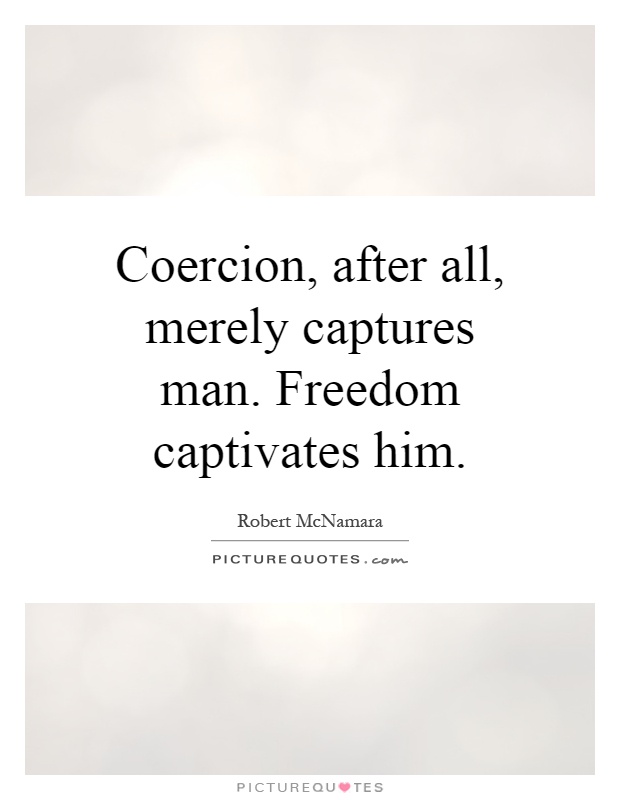
Coercion, after all, merely captures man. Freedom captivates him
Robert McNamara, the former Secretary of Defense under Presidents John F. Kennedy and Lyndon B. Johnson, is a prime example of how coercion can capture a man, while freedom can ultimately captivate him. McNamara's career is a testament to the power of coercion and the struggle for freedom in the face of immense pressure and responsibility.McNamara's tenure as Secretary of Defense was marked by his involvement in the Vietnam War, a conflict that would come to define his legacy. McNamara was a key architect of the war effort, advocating for increased military involvement and escalating troop levels in an attempt to defeat the communist forces in Vietnam. However, as the war dragged on and the human cost became increasingly apparent, McNamara began to question the wisdom of his decisions.
In his later years, McNamara would come to regret his role in the Vietnam War, acknowledging the mistakes he had made and the lives that had been lost as a result. He would go on to become a vocal critic of the war and an advocate for peace, using his platform to speak out against the dangers of military intervention and the need for diplomacy and dialogue.
McNamara's transformation from a proponent of coercion to a champion of freedom is a powerful example of the impact that freedom can have on an individual. While coercion may capture a man in the short term, ultimately it is freedom that has the power to captivate him and inspire him to make positive change in the world.

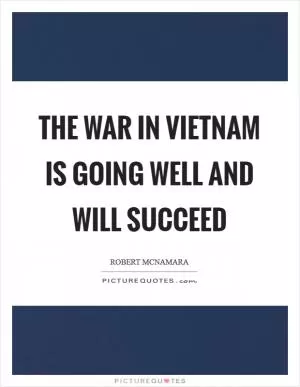



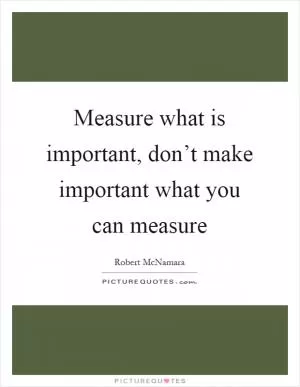


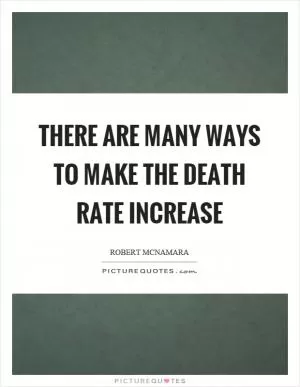


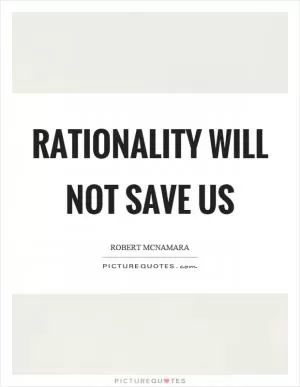
 Friendship Quotes
Friendship Quotes Love Quotes
Love Quotes Life Quotes
Life Quotes Funny Quotes
Funny Quotes Motivational Quotes
Motivational Quotes Inspirational Quotes
Inspirational Quotes